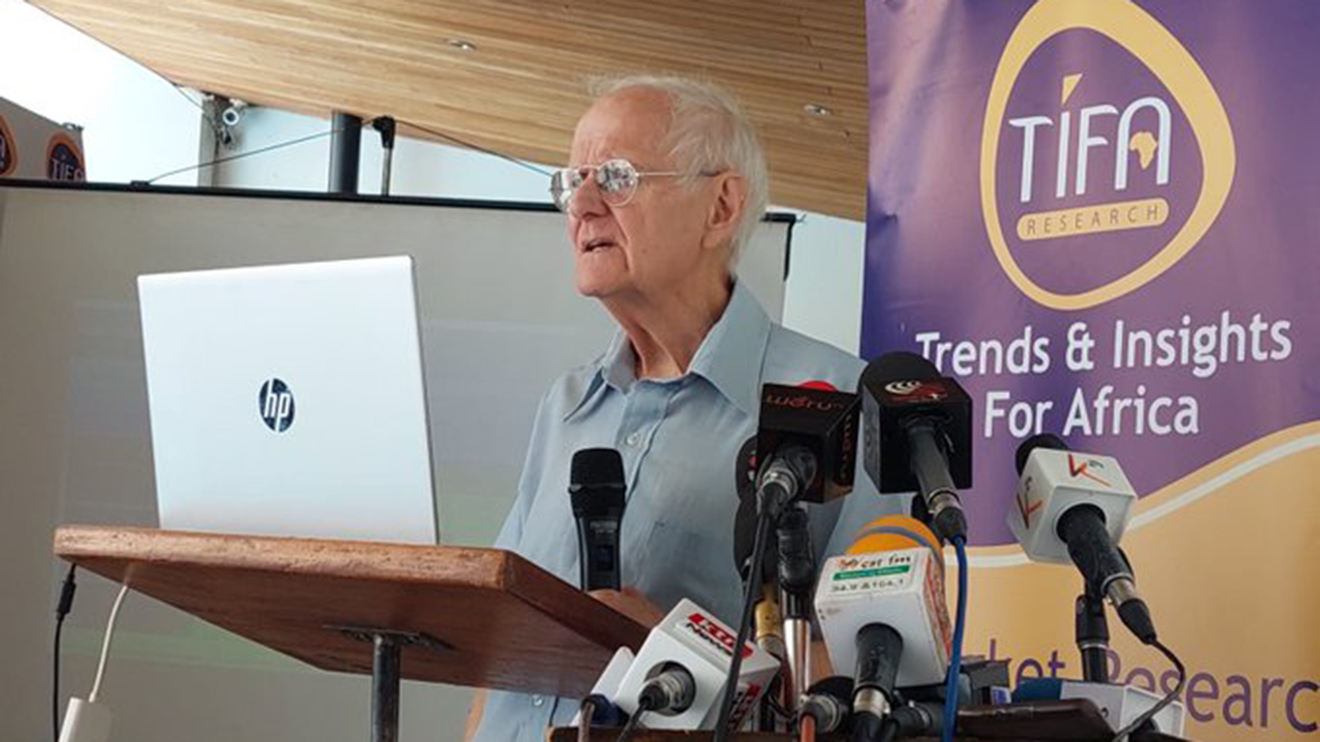The latest opinion poll released by Trends and Insights For Africa (TIFA) Research firm on Wednesday has revealed that at least 17 per cent of Kenyans go to bed hungry often.
The TIFA poll has singled out the current high cost of living or economic hardships and unemployment as the biggest challenges facing most Kenyans across the political divide.
The poll shows that close to one-in-five Kenyans and/or other household members “always” or “often” slept hungry, while 53 per cent said they “sometimes” or “rarely” slept hungry.
Only 29 per cent of those polled in the survey said they had never slept hungry.
However, the poll showed that more of Raila Odinga’s Azimio la Umoja supporters admitted to sleeping hungry as compared to their counterparts who support the ruling Kenya kwanza.
Read More
According to the TIFA poll, 20 percent of Azimio supporters said they “always” or “often” sleep hungry, while 14 per cent of Kenya Kwanza supporters made similar admissions.
Similarly, 56 per cent of President William Ruto’s Kenya Kwanza alliance alliance supporters said they “never” sleep hungry, while 44 per cent of Azimio supporters said the same.
The poll showed that most Kenyans singled out the current high cost of living, hunger/drought and unemployment as the biggest challenges facing them in their localities.

The household poll done face-to-face on 2,065 randomly selected respondents on March 11-19, 2023 was meant to gauge public opinion on the Ruto Government’s performance.
Apart from Hustler Fund (29%), other early government successes mentioned by Kenyans include subsidized fertilizer (5%), greater national unity (4%) and enhanced security (4%).
On the other hand, government failures singled out by Kenyans are unfulfilled campaign promises (23%), high cost of living (22%), unemployment (18%) and corruption (12%).
"The poll shows that it has become increasingly clear to most Kenyans that making quick and tangible improvements to the dire economic situation inherited from the previous regime has not been as forthcoming as many had hoped," said TIFA lead researcher Tom Wolf.










